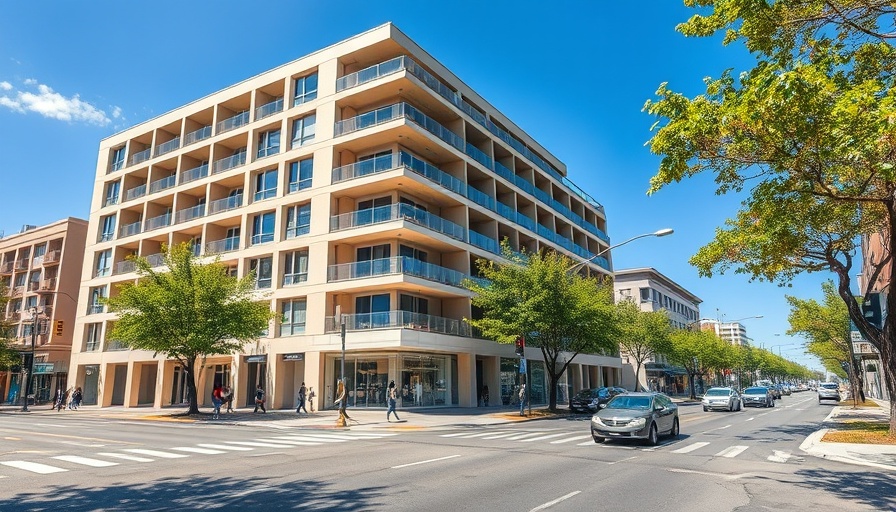
The Fallout of Political Decisions in Community Leadership
On May 13, a shift in leadership has rocked Community Board 9 (CB9) in Manhattan, as Borough President Mark Levine opted not to reappoint members Liz Waytkus and Signe Mortensen. The removal of these two pivotal figures has ignited claims of political retaliation, igniting a broader conversation about the influence of local governance and community representation.
Background Context: Housing Development in West Harlem
Waytkus and Mortensen played key roles in the opposition to two notable housing developments proposed in West Harlem, located at 1727 Amsterdam Ave. and 701 W. 135th St. The former plans to replace an existing health clinic with a 200-unit housing complex identified as the Hill Top Apartments, while the latter project involves a 60-unit building that would overlook Amtrak tracks. Both developments have been met with skepticism and significant pushback from local residents, landing the board members in the crosshairs of political controversy.
Community Voices: The Impact of Dismissal
In a recent meeting, Waytkus emphasized the community's unease, citing a near-unanimous opposition from local voices who felt these projects endanger both their homes and their health resources. "Our recommendations reflected the collective opinion of our community," she asserted, challenging the motives behind their ousting.
The Implications for Local Governance
This incident raises crucial questions: To what extent can community boards operate free from the influence of external lobbying and development interests? As Levine stated his goal is achieving a balanced perspective on community boards, many suspect that his decisions face outside pressures, especially given the substantial contributions from real estate stakeholders.
Looking Ahead: What Does This Mean for Community Board 9?
As CB9 continues to grapple with the fallout of these decisions, the remaining members must adapt to a new reality of limited influence. This controversy serves as a reminder of the delicate balance local governments must maintain between development and community needs. Stakeholders must seek transparency in governance to ensure that community voices remain heard.
In light of these complex dynamics, it is vital for residents and advocates alike to engage actively in local governance and combat the looming pressures posed by demands from external developer lobbies. The future of West Harlem hinges not only on affordable housing solutions but on the integrity of its community leadership.
 Add Row
Add Row  Add Element
Add Element 



Write A Comment